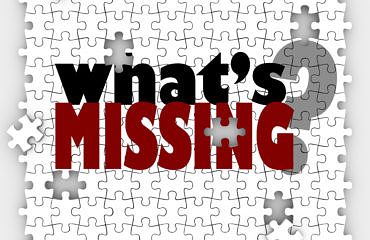3 Common Lies You Have Been Told About Weight Loss
 Every January, you, along with millions of other Americans have made New Year’s resolutions to lose weight, get in shape, eat less sugar, go plant based, etc. This is the time of the year the internet will be inundated with the latest weight loss fads, gimmicks, and other misleading information. Before you get sucked into the next marketing scam, please listen to this episode to learn the 3 common lies you have been told about weight loss. It will help you save a lot of wasted time, energy, and, of course, disappointment.
Every January, you, along with millions of other Americans have made New Year’s resolutions to lose weight, get in shape, eat less sugar, go plant based, etc. This is the time of the year the internet will be inundated with the latest weight loss fads, gimmicks, and other misleading information. Before you get sucked into the next marketing scam, please listen to this episode to learn the 3 common lies you have been told about weight loss. It will help you save a lot of wasted time, energy, and, of course, disappointment.
The State of Obesity
We have a big problem in this country. Despite all the efforts, the prevalence of obesity in the United States continues to rise. Approximately 2/3 (almost 70%) of American adults are either overweight or obese.
According to 2017–2018 data from the National Health and Nutrition Examination Survey (NHANES):
- 30.7% (1 in 3) of adults are overweight
- 42.4% (2 in 5) of adults are obese
- 9.3% (1 in 11) of adults have severe obesity
Black women have the highest rates of obesity or being overweight compared to other groups in the United States. About 4 out of 5 black women are either overweight or obese.
Now, the medical community defines whether someone is overweight is based on the Body Mass Index or BMI. It’s based on your weight in kg divided by your height in meters squared. The BMI is slightly biased because it doesn’t account for several factors, such as body composition, ethnicity, race, gender, and age, however, it is still widely used today as a quick and inexpensive method for making assessments.
This is how the BMI is categorized: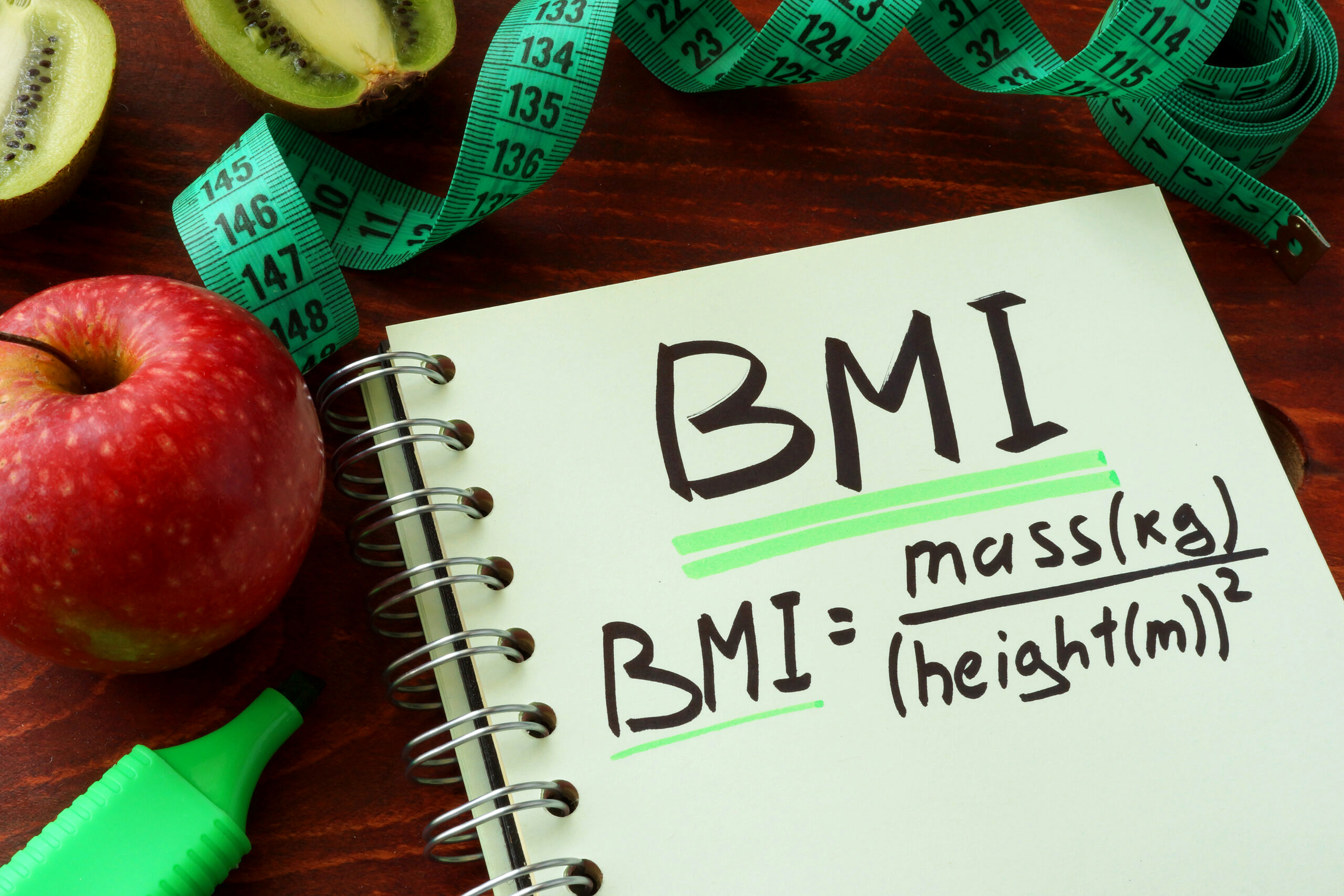
BMI Weight Class
<18.5 Underweight
18.5 to 24.9 Normal Weight Range
25 to 29.9 Overweight
30 to 34.9 Obese (Class 1)
35 to 39.9 Obese (Class 2)
>40 Obese (Class 3) or Severely Obese
Health Impacts of Obesity
Obesity is linked to several negative health impacts. People who are overweight or obese are more likely to have other diseases and health conditions. These include high blood pressure, heart disease, type 2 diabetes, gallbladder disease, kidney disease, sleep apnea, joint problems, and certain types of cancer; Not to mention, it’s impact on mental and emotional health.
Various studies have shown that:
- Obesity doubles the risk of heart failure and triples the risk of breast cancer in women
- A 22 pound weight gain (the average middle age weight gain) increases heart attack risk by 75%
- And a 15 pound weight gain doubles your risk of developing type 2 diabetes
Obesity in America is staggering. One hundred million are either overweight or obese. In America, approximately 300,000 people die from obesity every year and the medical care costs of obesity are at almost $150 billion per year. This country is capitalizing off of obesity and its related conditions.
This epidemic is getting worse, not better. And it’s not going to go away anytime soon if we continue to try to solve this problem within the same system that created it.
So why are Americans getting fatter and sicker?
It’s because, we have been lied to!
You may have been told that you’re getting fat because you have bad genes, or that it’s because you’re getting older. And to add insult to injury, many of the lies and misconceptions you have been told about weight loss can lead to more weight gain and many other chronic conditions.
Let me share with you 3 common lies that you have been told:
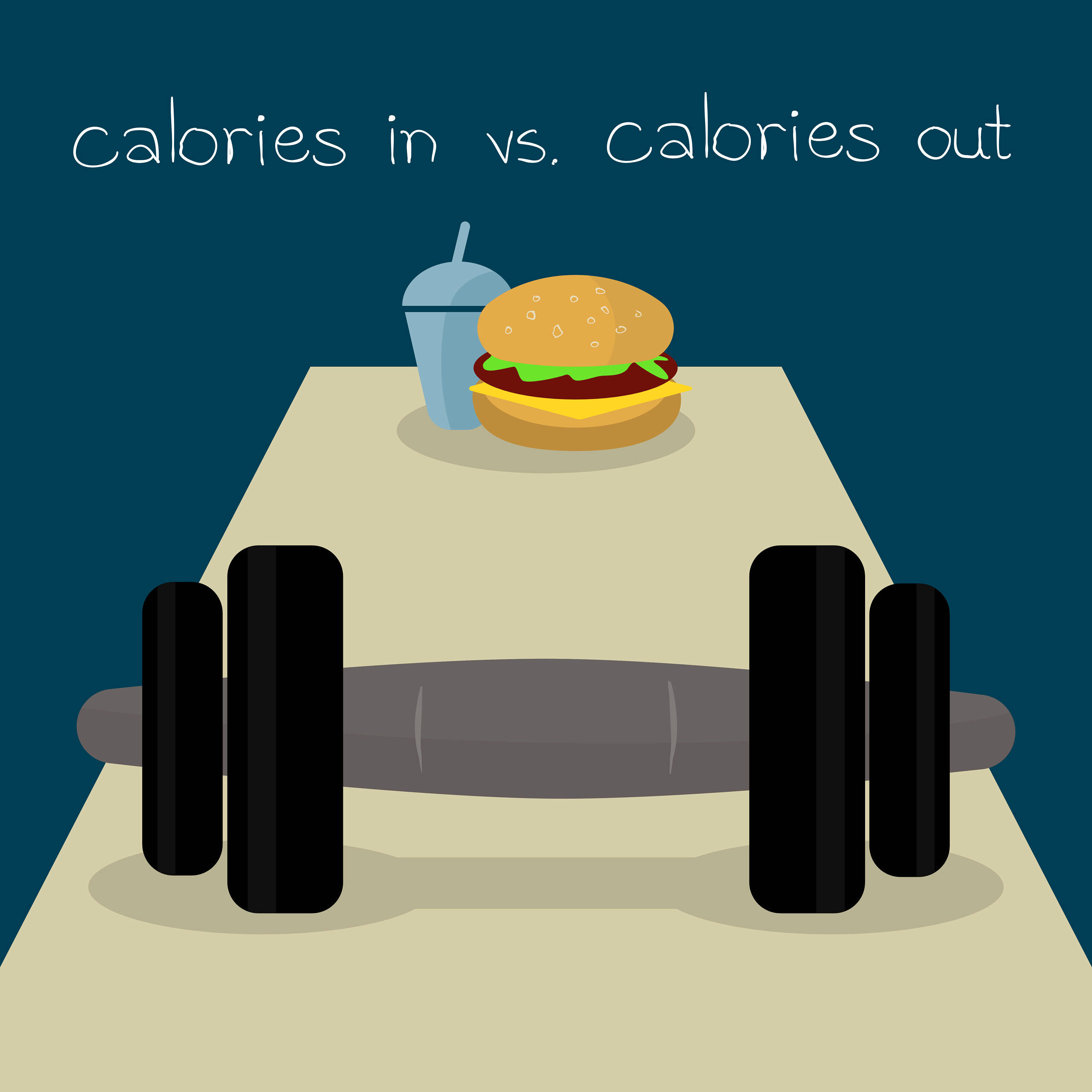
Lie #1 It’s about calories in vs. calories out
For more than 30 years, The Food and Diet Industries have recommended a calorie reduced diet as a treatment of choice for obesity, yet the obesity epidemic continues to accelerate. To believe that weight is due to calories in vs. calories out is a huge mistake. If all it took to lose weight, was to eat less and exercise more, then weight loss would be simple and you wouldn’t be reading this right now.
Chances are, you have been there and done that, and IT DIDN’T WORK! You may have lost some weight initially, but what happened when you started eating “normally” again? The weight just came back!
Restricting calories never works for long term, lifestyle solutions. Most of the weight loss is muscle, not fat, and your metabolism gradually gets slower and slower. And for calorie restriction to work, you have to continuously restrict more calories in order to lose more weight.
You have also been told that too much TV and computer time is what is making you fat, and you need to get off your lazy butt and exercise more. The truth is, exercise doesn’t make you lose fat. The ability to burn fat makes you lose fat. And unfortunately your body may have lost the ability to burn fat for energy.
This is why most weight loss programs do not work! Most of them are highly restrictive. You lose weight in the short term, but many of them are not sustainable in the long term. As soon as you end the 3, 7 or 10 day program, you go back to your old habits and the weight comes back, plus some, because your metabolism had slowed down, while you were restricting those calories.
Another thing about calories. It’s not just about the number of calories, but the quality of calories. All calories are not created equal. A calorie of coconut oil responds differently in your body than a calorie of sugar. Also, many of the “low-calorie” foods you see on the grocery shelves are typically unhealthy and lack nutrients. They are mainly loaded with chemicals and dead ingredients that do more harm to your body than good. So it’s really about the quality of the calories and not the quantity.
Counting and restricting calories is a losing, uphill battle. The key is not to focus on calories, but to improve your overall metabolic function.
Lie #2: Avoid fat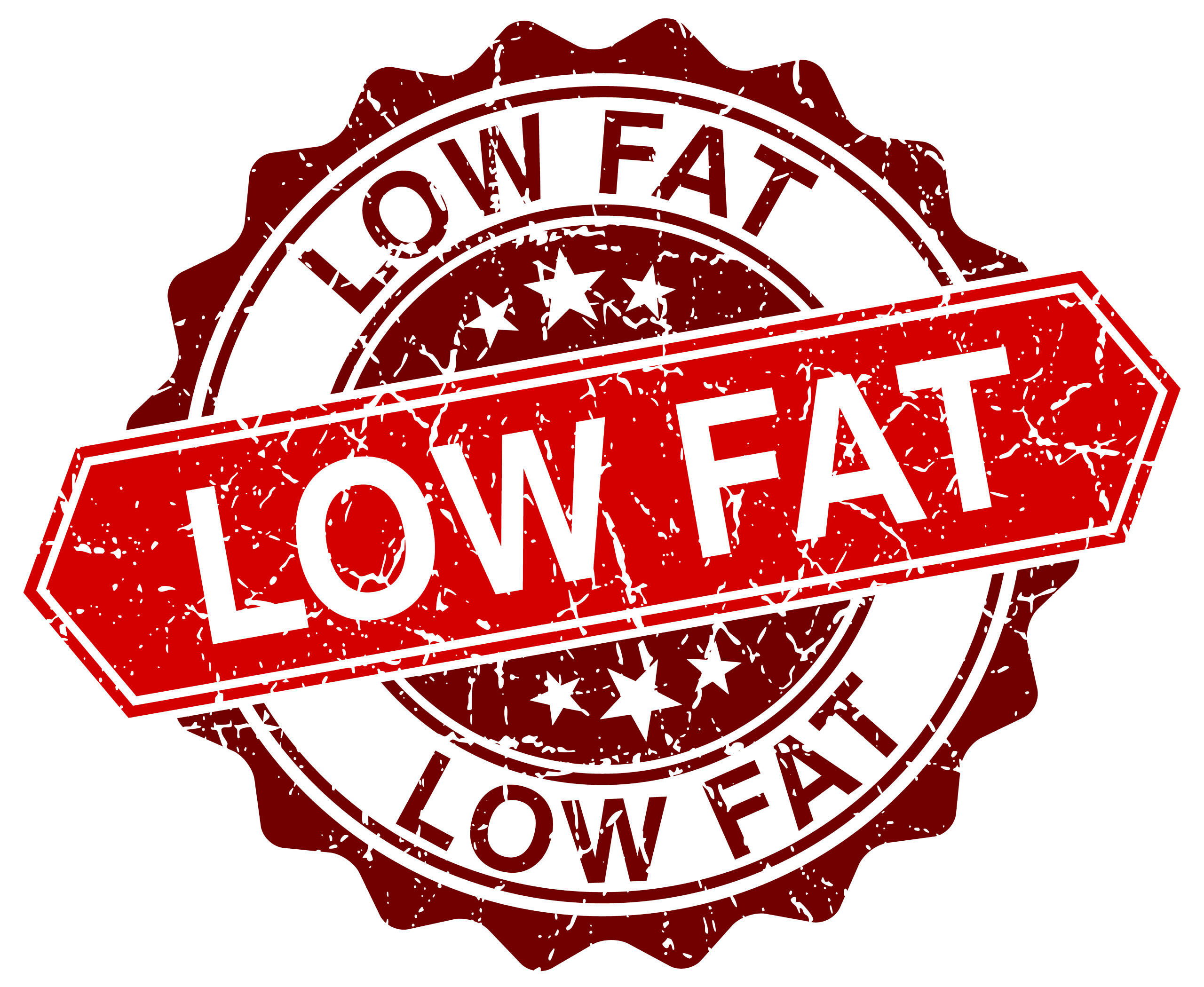
We live in such a fat-phobic society. Just look on our grocery shelves. Everywhere you look, you see low-fat this and fat-free that. For the last thirty years, we have also been told to avoid saturated fat like the plague. Despite these recommendations, people are still gaining weight or have trouble losing weight, crave sugar, have decreased energy and enthusiasm, and suffer from a long list of health complications. Americans eat the most low fat and fat free foods, but somehow have the highest rate of obesity in the world!
First off, fat adds the texture to our foods and tend to make it taste better than their low fat or fat free counterparts. Admit it. Which tastes better? A cheesecake made with real cream and butter or the cheesecake made with the fat-free and low-fat ingredients…. The real fat cheesecake of course. The other one would be bland, tasteless, and dry, because when you reduce the fat, you reduce the flavor! So to make it taste like something worth eating, things like sugar, artificial flavors, and other flavor enhancers need to be added. So yes, these toxic chemicals may make it taste better, but they are also making you very sick…and fat.
Fats in the form of polyunsaturated fatty acid from processed vegetable oils are the bad guys, not the saturated fats. Saturated fats and cholesterol are the good guys. Good fats and cholesterol are your friends. Every cell in your body needs it. Deficiencies in fat and cholesterol can lead to depression, cancer, low libido and can make you more susceptible to strokes. Cholesterol acts as an antioxidant, protects your skin from damage, fights infection, and supports glucose metabolism. Good fats help your body burn fat.
Personally and clinically, I have witnessed how increasing good fats has helped people not only lose weight, but also gain energy, and reverse chronic symptoms. You can be overweight and fat deficient. Without the proper fats in your diet, your weight loss and health goals can be a frustrating battle.
It may be hard to comprehend that you need fat to lose fat. But saturated fat reduces cravings and helps you feel full. You don’t feel denied, which is a common problem in many weight loss programs. When you are not eating fat, you fill up with empty calories in foods, such as diet sodas and other fat-free and low-fat products that are loaded with additives and other toxic ingredients, which further deteriorate the body.
What matters most is the type of fats you eat. Don’t be afraid of good fats, such as olive oil, coconut oil, and butter. These fats are whole foods that nourish your body. Your brain and nerve cells depend on fat and cholesterol to be healthy.
Healthy fats are beneficial for your health. They…
- help you reduce cravings
- provide energy
- help your gut absorb certain vitamins from foods
- and they help your body burn fat!
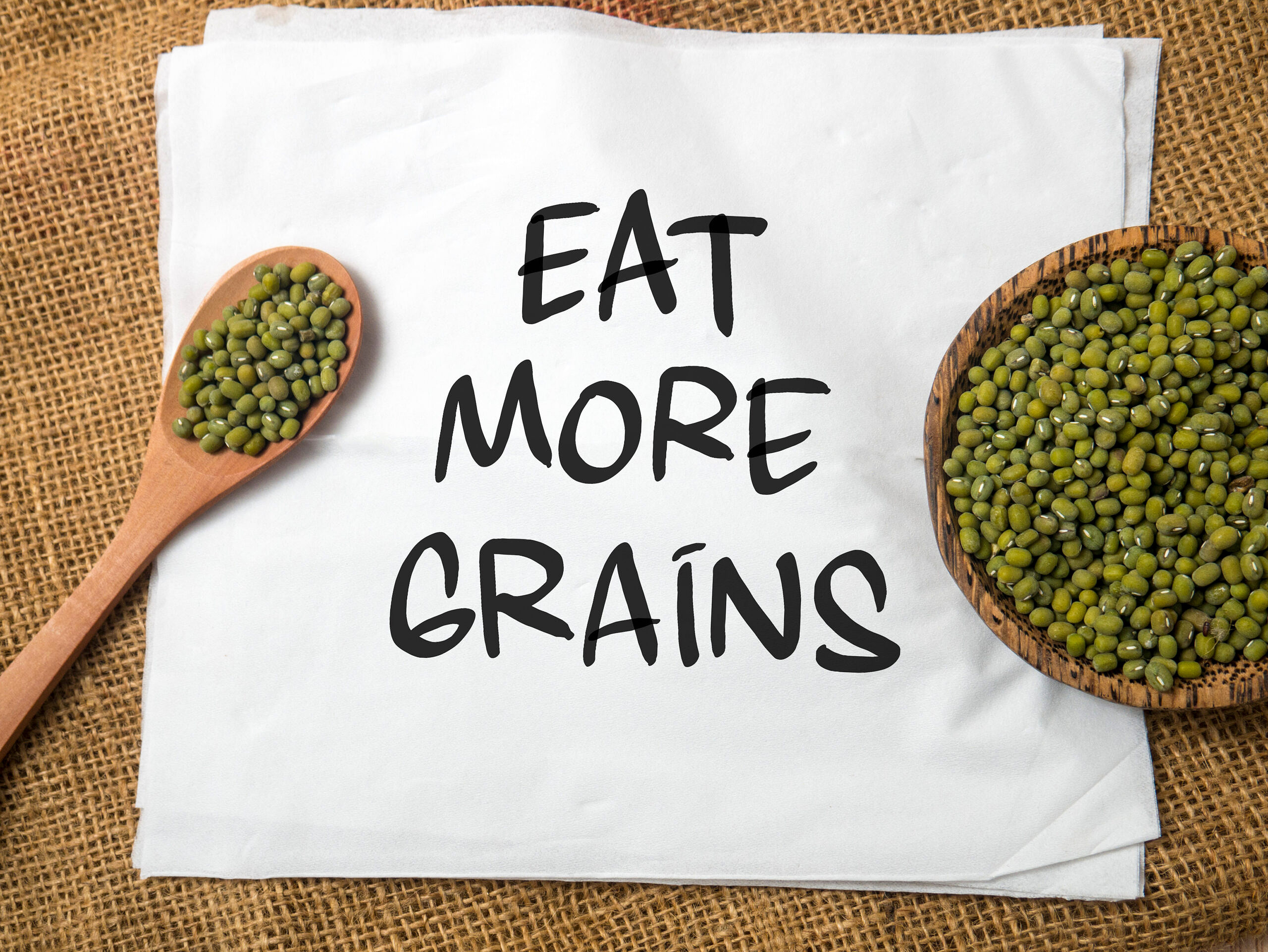
Lie #3: Eat more whole grains
We have been told to eat 6-11 servings whole grains, such as bread, cereal, rice and pasta, every day. But since we have been given that advice in the 70s, obesity has become an epidemic in this country.
Whole grains raise glucose as much or more than pure sugar. Did you know that two slices of whole wheat bread raise your blood sugar more than 6 teaspoons of table sugar does? This is the same as drinking a whole can of soda! The few foods that increase blood sugar higher than wheat, include rice flour, cornstarch, tapioca starch, and potato flour–the most common ingredients used in gluten-free foods. The grains I’m referring to are these modern day grains, that have been hybridized and cross bread to be the addictive super-sugar that they are.
Personally and clinically, I have witnessed how reducing grains can play an essential role in achieving successful weight loss.
Since we have been given this advice to eat less, exercise more, avoid fat, and eat more whole grains, the prevalence of obesity among US adults has tripled since the 1960s and is now at epidemic proportions, with over two-thirds of adults being either overweight or obese.
“Don’t believe the lies!”
Here’s the truth. There is something much more dangerous that you should be worried about. Many people are struggling to lose weight because of it. Most have never heard of it. And while it is extremely dangerous, most of those affected don’t realize they have it. You may be one of them.
The real problem is that your weight issue is a hormonal issue. And the hormonal issue is insulin resistance. Insulin resistance, also known as metabolic syndrome, is the hidden force behind most modern metabolic diseases, including diabetes, fatty liver, Alzheimer’s disease, heart disease, cancer, high blood pressure, AND obesity.
Insulin is a protein hormone secreted by pancreatic beta cells. When glucose increases in the blood stream, insulin is released. Its job is to stimulate the uptake of glucose into the cells. Once glucose enters the cell, it is used for energy. Alterations in this system is what causes metabolic disease. For example, when the pancreas overreacts to a sudden increase of glucose, it will release excess insulin and cause a sudden drop in blood sugar. This is known as “reactive hypoglycemia”. When the cells eventually become unresponsive to insulin, this is “insulin resistance”. This is what eventually leads to type 2 diabetes.
People who are insulin resistant and not yet diabetic are classified as suffering from metabolic syndrome. Chronic elevated glucose will cause dangerous impacts on physiological function, because when glucose is unable to enter the cells due to insulin resistance, it will become oxidized into free radicals which causes cellular inflammation.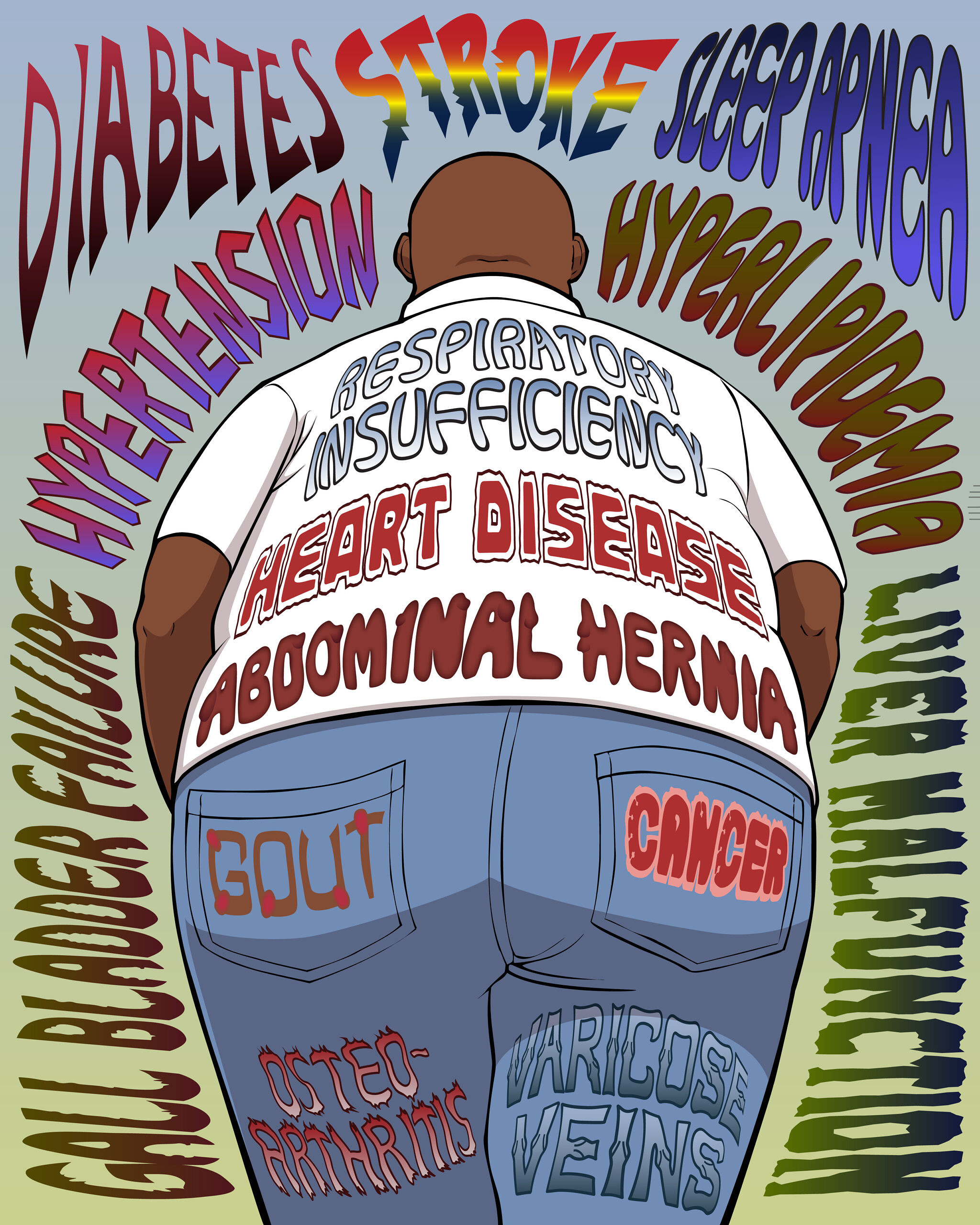
Inflammation of the cell membrane affects the way the cell functions, including communication with other cells, detoxification and gene expression. The cell then has two options:
1. It will mutate or adapt to the new environment of toxicity or inflammation. This mutation is also known as cancer.
2. It will die. Also referred to as cell apoptosis or premature aging.
YOUR BODY CANNOT BURN FAT WHEN YOUR CELLS ARE INFLAMED!
Cellular inflammation impacts all body tissues, such as the nerves, eyes, blood vessels and kidneys.
Keep in mind, even though you may be struggling to lose weight or keep it off, you may be also experiencing other symptoms, such as:
• Fatigue
• Cravings for Sugar
• Constant Hunger
• Fatigue after meals, and
• Migrating aches and pains
You may be listening because you probably gained the weight, lost it, then gained it back again… plus some.
You may have hit a plateau and don’t know what else to do.
But now you know that it’s difficult to burn fat when your cells are inflamed.
Weight loss resistance is a cellular issue. If you are struggling to lose weight despite diet and exercise, you need look at your cells.
Unfortunately, most doctors see someone who is obese as someone who does not care enough to eat less and exercise more. But the truth is, when someone is overweight or obese, he or she may be dealing with insulin resistance. Insulin resistance leads to high insulin levels, high insulin levels lead to obesity. The longer you are obese the more insulin resistant you become. Diet and exercise alone doesn’t resolve this issue.
If you are trying to lose weight and become a fat burner, you must fix the hormones receptors. The only way you can fix the hormones receptors is by fixing the cellular membrane. The only way to fix the cellular membrane is by increasing healthy fats, removing the sugars and grains, and detoxing the body.
Customized nutrition and cellular detoxification has helped me and my clients recover from many chronic diseases and improve overall health. With this approach, it is such a joy to see them feel better, lose weight, gain more energy, and transform their lives!
I was able to manage my weight loss resistance by reducing cellular inflammation and restoring cellular and hormonal function.
Losing weight is not easy. You have to be willing to do what it takes, to get the weight off and keep it off. You got to be committed to the process. Make it a lifestyle change, not just a goal or a resolution. Weight gain developed over years, not days. You didn’t gain the weight overnight, so you can’t expect to lose it overnight. You can’t expect a short-term weight loss solution to work for a long-term problem. Permanent weight loss is about getting healthy enough to lose weight. It’s hard to lose weight if any of your organs aren’t working correctly.
It’s hard to lose weight if you’re toxic, if you’re diabetic, or pre-diabetic. So these underlying issues must be addressed. Weight loss requires knowing what your body needs in order to function correctly. So stop looking for the easy way to lose weight, and be willing to do it the right way.
So in summary, as you consider how you choose to move forward in your weight loss journey,
- be sure you avoid programs that are too restrictive or based on the quantity of calories and not the quality
- be wary of those programs that promise large amounts of weight loss with very little effort and in a short amount of time, such as those programs that claim you can eat whatever you want and still lose 30 pounds in 30 days
- look out for those plans that are primarily based on those done for you signature meals which are typically very low in nutritional value and very high in unhealthy fats, additives, and sugars
- and it’s important that you remember this: You don’t lose weight to get healthy, you get healthy in order to lose weight
So please, focus on your overall health, not that number on the scale.
Let’s talk about how I can help you get to your ideal health destination. Request a free 45-minute Breakthrough Call. CLICK HERE to get on my schedule.
Download your free Food Shopping Guide and don’t forget to check out The Heal Deal Podcast for more valuable insights into your journey to healing.
Until next time, go out there and achieve more freedom in your health and your life!
Dr. Leona




